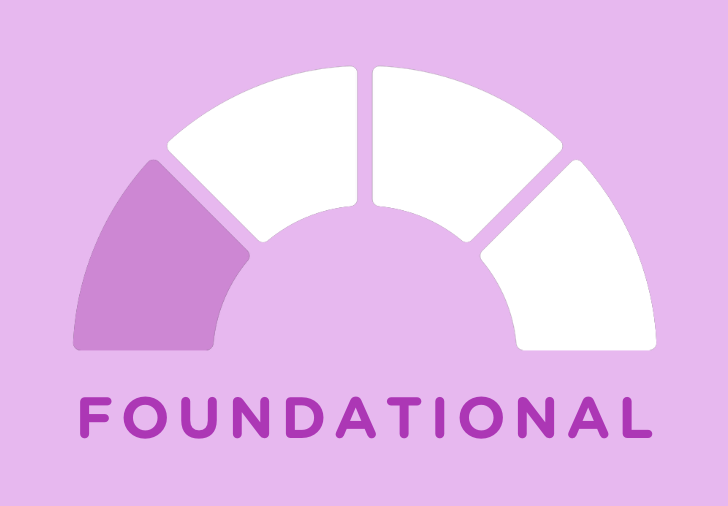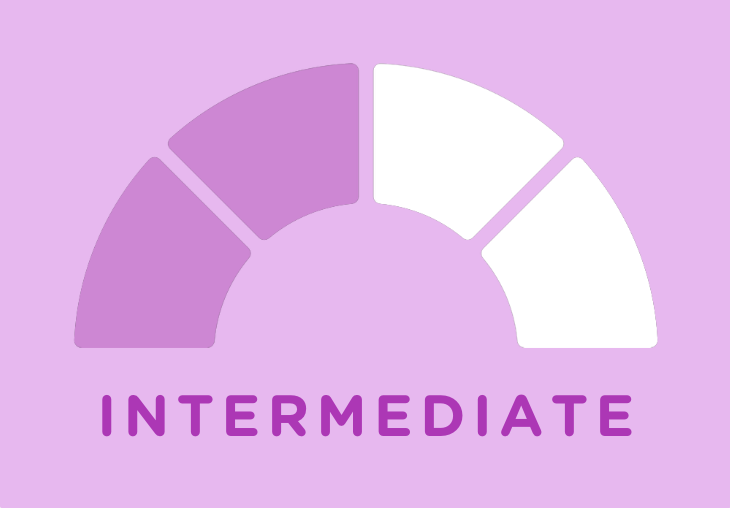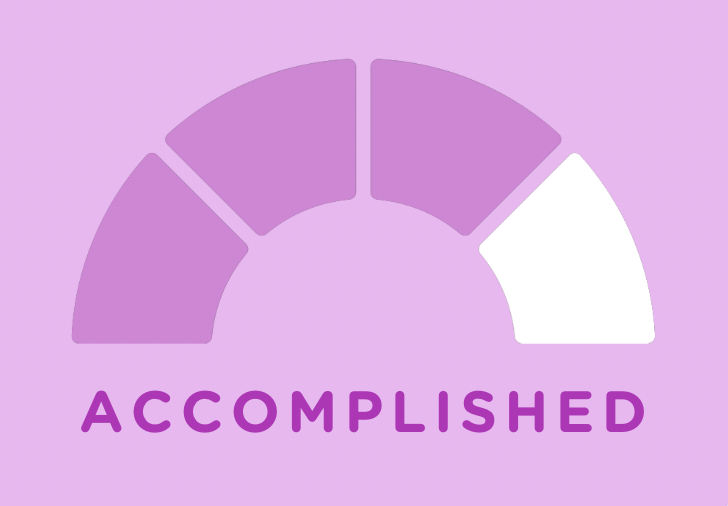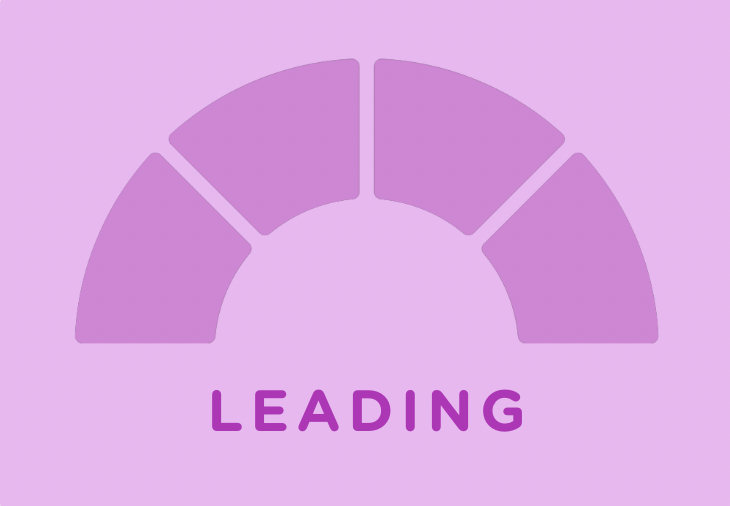KEY COMPETENCY 1.2 – OBSERVE AND RESPOND
“I will intervene early and provide supports and accommodations for children and their families, regardless of diagnosis, and provide support through the diagnosis process.“
Act is the second competency under the ‘Observe & Respond’ Ways of Working, and relates to the ‘detection and diagnosis‘ phase of the child’s early developmental support journey. It is important for:
Timely Intervention: Prompt action on detected signs of disability or developmental delay is vital for optimised outcomes.
Inclusivity: This competency ensures support is provided regardless of diagnosis, fostering a sense of belonging for all children.
Empowering Families: Taking action empowers families to engage in their child’s development, enhancing trust and collaboration.
Addressing Urgent Needs: Swift action helps alleviate stress for children and families by addressing immediate concerns.
Long-Term Success: Early and appropriate support lays the groundwork for children’s future social, emotional, and educational success.
Taking early action involves offering support and accommodations to children and families, even without a formal diagnosis. Practitioners need to implement strategies that support the child’s development and guide the family through the diagnostic process.
Research discuss how early intervention, regardless of formal diagnosis, leads to better developmental outcomes for children. The Early Childhood Australia (ECA) guidelines encourage practitioners to act as soon as concerns are identified, avoiding delays in providing necessary support.
Research and Further Reading:
McIntyre, L., Kunze, M., Barton, H., & Luehring, M. (2021). early intervention for children with intellectual and developmental disabilities.., 3-22. https://doi.org/10.1037/0000195-001
COMPETENCY MILESTONES

I am able to:
Recognise when early intervention is needed and take initial steps to provide support.
Provide basic accommodations to assist children in their development.
Communicate clearly with families about the importance of early support, regardless of a formal diagnosis.
Offer emotional support to families navigating the diagnosis process.
Seek guidance from more experienced colleagues to ensure appropriate interventions are in place.

I am able to:
Implement early interventions tailored to the individual needs of children, regardless of a formal diagnosis.
Collaborate with families to identify and provide necessary accommodations.
Support families by offering information and resources during the diagnosis process.
Monitor the effectiveness of interventions and adjust as needed.
Engage in professional development to stay updated on effective early intervention strategies.

I am able to:
Design and implement comprehensive early intervention plans that address the unique needs of each child.
Work closely with families to ensure that accommodations and supports are effectively meeting the child’s needs.
Guide families through the diagnosis process with empathy, providing clear information and support.
Collaborate with a multidisciplinary team to deliver holistic support to children and families.
Regularly review and refine intervention strategies based on ongoing assessment and feedback.

I am able to:
Lead the development of innovative early intervention programs that prioritise support regardless of diagnosis.
Mentor colleagues in delivering effective supports and accommodations to children and families.
Advocate for early intervention policies and practices within the organisation and the broader community.
Facilitate workshops and training sessions to educate others on the importance of early action and ongoing support.
Ensure that families receive comprehensive, ongoing support throughout the diagnosis process and beyond.
Reflection questions are a valuable tool for practitioners, promoting self-awareness, critical thinking, continuous improvement, and stronger relationships in their work with children and families. Below are some reflection questions for Key Competency 1.2: Act:
Am I providing early interventions even when a formal diagnosis is pending?
How do I involve families in planning and delivering these supports?
Are my interventions responsive to the child’s needs and adaptable as the situation evolves?
Early intervention can be life-changing for children with developmental concerns, and waiting for a diagnosis should not delay the provision of support.
(McLaughlin & Fenech, 2021, p. 49).
Access more information on the ChildKind Best Practice Framework with its 10 Ways of Working, 30 Key Competencies and 8 supporting Values and Behaviours here:
